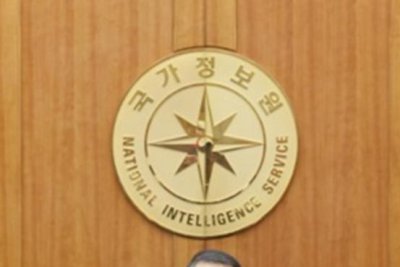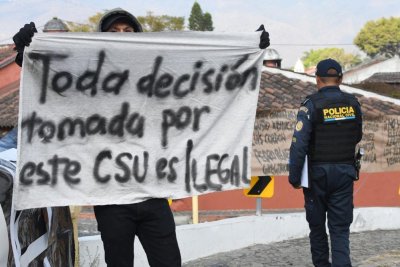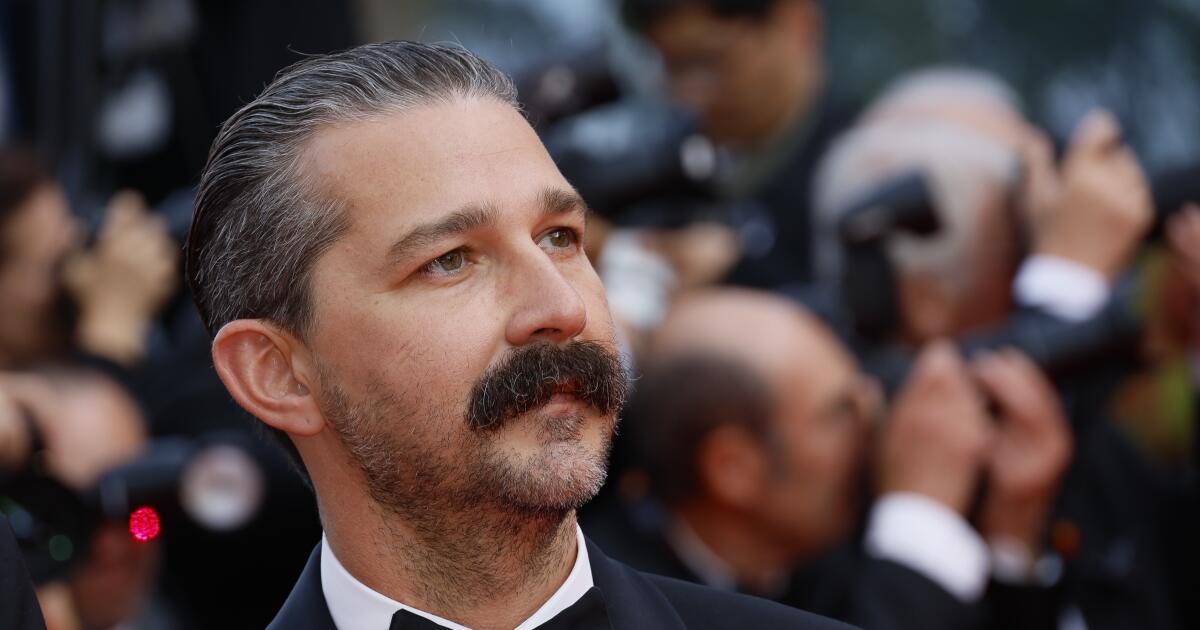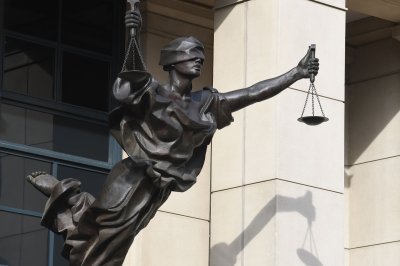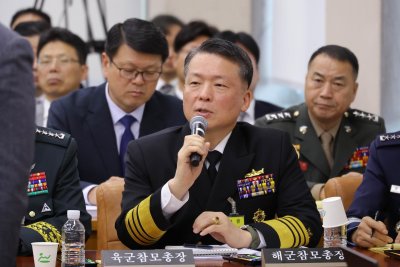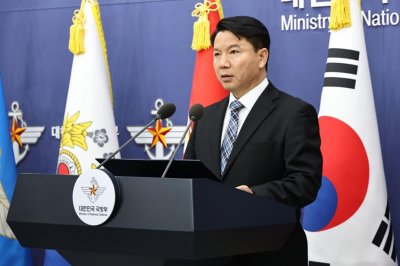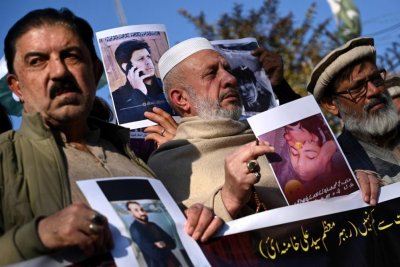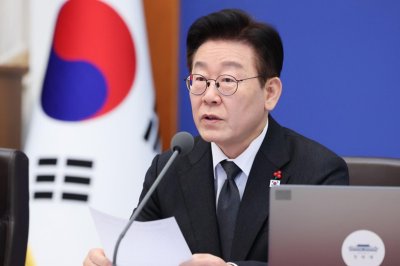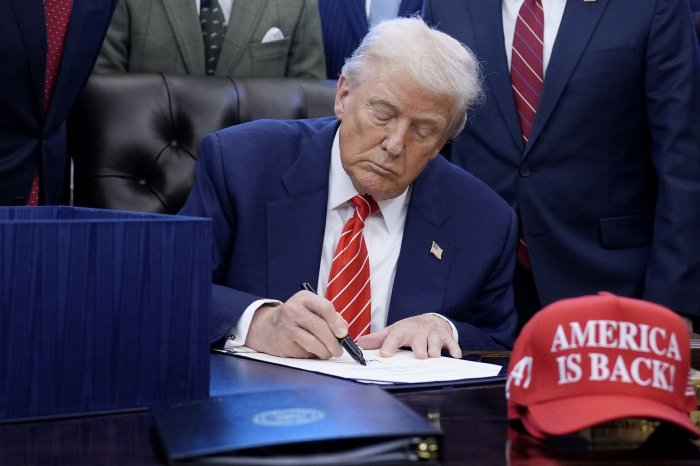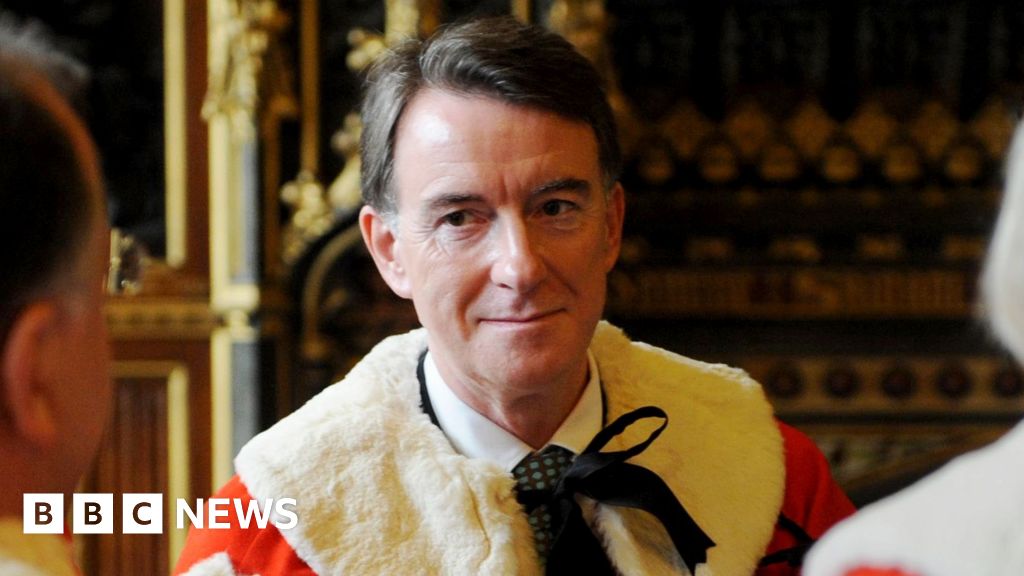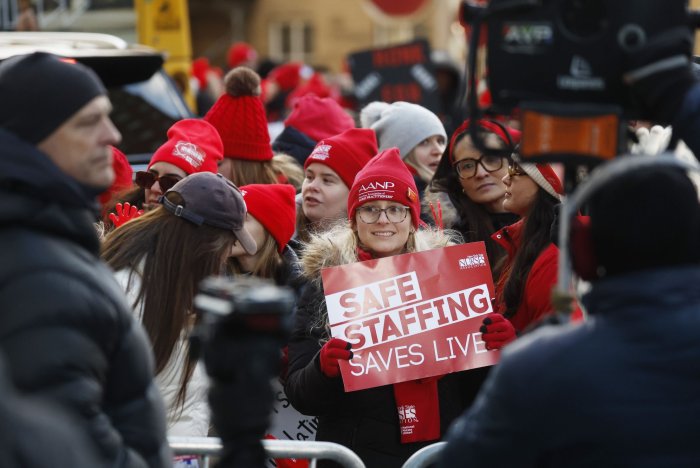Italy cricket in crisis over alleged sexual assault by senior figure at national governing body
Italian cricket is in crisis days after the country’s T20 World Cup debut, as it emerged that a senior national governing body official has been investigated over a sexual assault allegation.
Federazione Cricket Italiana (FCRI) women’s cricket co-ordinator Prabath Ekneligoda, 57, was the subject of a criminal investigation relating to a claim he inappropriately touched a member of the Azzurri women’s national team.
Multiple members of the Italy board are said to have resigned over this case and other governance issues, BBC Sport has been told.
The sexual assault allegation was made to police in Rome in March last year by a player who has represented the national team.
The player, whose identity is protected for legal reasons, alleged that the sexual assault occurred during a massage on a knee injury at a training session, and she had been scared to report the incident because she feared it would cost her a spot in the team.
An investigation was concluded by a Rome prosecutor in November 2025 and Ekneligoda was interviewed by police the following month.
A decision is now set to be made on whether there is sufficient evidence to bring it to trial. Ekneligoda’s lawyer said his client denies the allegations, that there are ulterior motives to the allegations, and that a witness supports his version of events.
FCRI said in a statement to BBC Sport it “noted proceedings are currently under way before the federal prosecutor’s office” and will “co-operate with the relevant authorities”.
“The Italian Cricket Federation reiterates that its conduct is guided by principles of fairness, transparency and the protection of its registered members, as well as by the ethical and civic standards that underpin the sporting system,” added the statement.
“The federation therefore defers to the competent judicial authorities for any determinations arising from the matter.”
Ekneligoda, who is originally from Sri Lanka, was suspended from his role with the FCRI in November but has remained a visible presence on the Italian cricket scene.
He is the partner of FCRI president Maria Lorena Haz Paz and accompanied her to India for the men’s T20 World Cup.
BBC Sport has seen evidence that Ekneligoda attended Italy’s matches wearing official accreditation and was permitted to sit with the rest of the FCRI party.
Ekneligoda was also seen at various events laid on for Italy’s cricket delegation, including a reception at the Italian consulate in Kolkata for officials, players and coaching staff.
The FCRI, its president Haz Paz, and safeguarding officers, had full knowledge of the seriousness of the claims made against Ekneligoda before the World Cup.
Last weekend, Il Messaggero, external and Corriere della Sera, external reported the allegations in the Italian media for the first time.
As of Monday, Ekneligoda was still listed as the women’s cricket coordinator on the FCRI website.
Sources have told BBC Sport that some members of the FCRI’s board have resigned over the matter, and other governance issues, which has placed Haz Paz’s position under greater scrutiny.
Senior officials in Italian cricket fear potential reputational damage, and the possibility of legal cases, will hamper opportunities to capitalise on their debut T20 World Cup appearance and grow the game further in the country.
Haz Paz was appointed president of the Italian cricket federation in February 2025 until 2028.
Italy’s debut at the T20 World Cup, and the stories of some of their players, had captured the imagination of the cricket world.
The Azzurri failed to make the Super 8 stage but beat Nepal in Mumbai and gave England a scare in Kolkata in their Group C fixtures.


